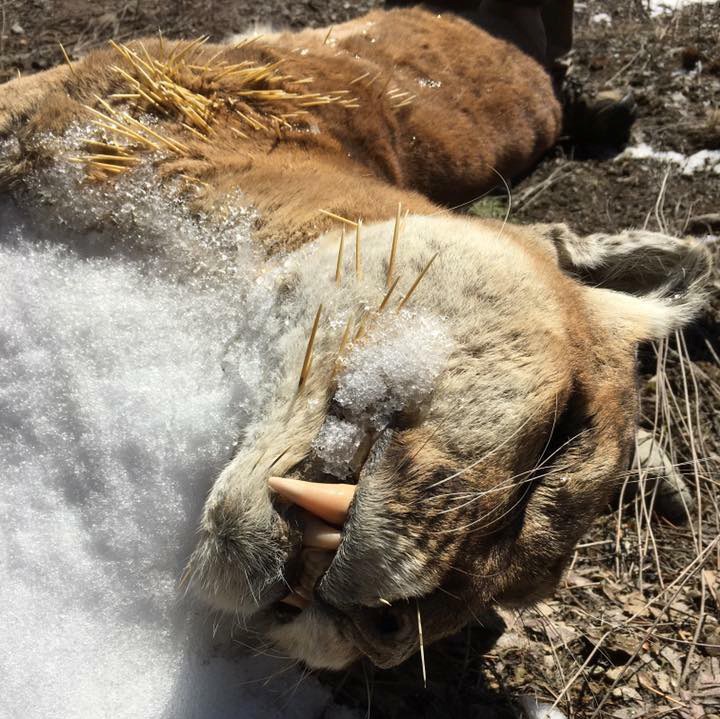THUNDER BAY – Rare sightings of cougars continue to be reported by rural residents who live near Thunder Bay.
Long-time Shabaqua resident Danusia Klimkowski said she spotted what appeared to be a cougar while she was driving on Highway 11 near the Lyyli Road intersection.
"As I approached, his tail hit the ground and he leaped towards the ditch on the left side," Klimkowski said.
She said she spotted the animal around 9 p.m., when there was still enough light to have a good look. She at first thought it was a deer.
"I've been blessed with seeing a tonne of wildlife, but never a cougar," Klimkowski said. "It was incredible."
In Ontario, cougars are classified as a "special concern, which means the species is not endangered or threatened, but may become threatened or endangered due to a combination of biological characteristics and identified threats," a Ministry of Environment, Conservation and Parks spokesman said.
In 2020 and 2021, Pukaskwa National Park east of Marathon recorded photos of a cougar on observation cameras set up 15 kilometres south of the park's Hattie Cove campground, and at a back-country location.
The verified cougar photos were the first ever at Pukaskwa since it became a wilderness park more than 40 years ago.
In 2017, a cougar is believed to have been killed by a vehicle near Thunder Bay.
In addition to British Columbia, cougars are known to populate parts of Manitoba and the mid-west U.S.
Cougars, also called pumas, prey on deer and moose calves. According to the Canadian Wildlife Association, a typical male weighs about 150 pounds, more than three times heavier than a lynx.
Chronicle-Journal/Local Journalism Initiative



